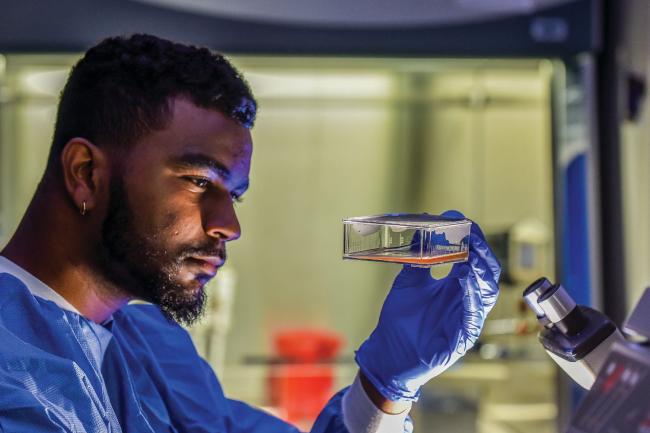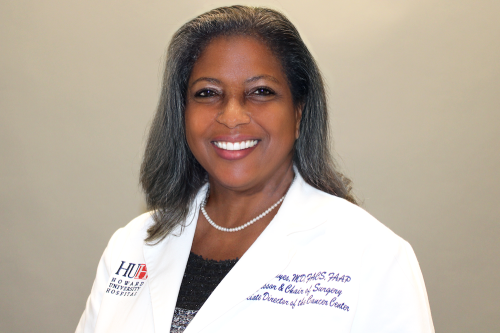Howard University will receive $175 million in support of the endowment of the College of Medicine. Howard University President Ben Vinson III, Ph.D., will attend Bloomberg Philanthropies’ announcement in New York City Tuesday morning, as he called the endowment a “unreservedly transformational gift” for the University.
“Endowment support has traditionally been an area of underinvestment for Historically Black Colleges and Universities, but today’s gift is an extraordinary vote of confidence in the lasting benefits of such support,” said President Vinson. “Thank you to Mike Bloomberg and the Bloomberg Philanthropies’ Greenwood Initiative for your inspiring leadership and commitment to addressing the racial wealth gap and decades of underinvestment in Black communities.”
We have to have doctors who are sensitive to these issues.”
A 2023 study released in the Journal for the Medical American Association (JAMA) revealed that, due to racism and discrimination in American medicine, patients of color live longer when cared for by doctors, nurses, and medical staff of color.
The unprecedented endowment gives Howard’s College of Medicine a chance to train and develop more medical professionals to care for communities of color. Black physicians and doctors only make up 5.7% of their field. Every year, 1200 Black students graduate from medical school. Of those graduates, 400 of them matriculated at HBCUs.
Howard University College of Medicine Dean Andrea Hayes Dixon, M.D., FACS, FAAP, called the $175 million gift a “generous, catalytic” opportunity that will “reverberate through generations of future Black and brown doctors.”
“The onus of the financial commitment that usually hangs over the head of many minority medical students will be lifted, allowing these talented youngsters to concentrate solely on becoming some of the world’s outstanding physicians who are committed to bringing hope and healing to underserved communities and increasing the survival of all patients who experience disparities in healthcare,” said Hayes Dixon.
Dean Hayes Dixon Leadership at Howard's College of Medicine
Howard’s College of Medicine is one of only four HBCUs medical programs. In 1908, Abraham Flexner was tasked by the government to examine the conditions of medical schools across the country.
Five of seven HBCU medical programs were shuttered. Only two remained: The Howard University School of Medicine and Meharry Medical College. Since then, The Morehouse School of Medicine (Atlanta, 1975) and the Charles R. Drew University of Medicine and Science (Los Angeles, 1966) have opened.
Bloomberg Philanthropies' donation was made through the Greenwood Initiative, an effort to address “systemic underinvestment” in Black communities and weaken the racial wealth gap for Black communities.
“This is a transformational gift, not only for its impact on cultivating the next generation of health professionals, but for its visionary investment in the intergenerational wealth and health of our medical students and the communities they will serve,” said President Vinson.
Hayes Dixon said the gift is an opportunity for Howard’s medical students to “address health care disparities” as many medical practices are not uniform for all patients.
The College of Medicine students serve patients in local D.C. communities in Black and Latino neighborhoods where patients may have limited resources and need additional social support.
“This gift will allow us to use the students here to be beacons and leaders in this field. [They] can go out in the community and teach other doctors about healthcare disparities,” Hayes Dixon said. “They won’t fall in the trap of treating a patient differently based on the health insurance status they have or money in their pocket.”
Hayes Dixon said that the funds will be dispersed in different educational services in the College of Medicine including “wrap around education,” to provide additional services such as mental health assistance or tutoring. The College of Medicine will also continue its studies on care such as their research examining why impoverished patients receive amputations over limb-sparing operations.
“These dollars will allow the students to have access to these very unique educational resources,” Hayes Dixon said.
Explore the College of Medicine
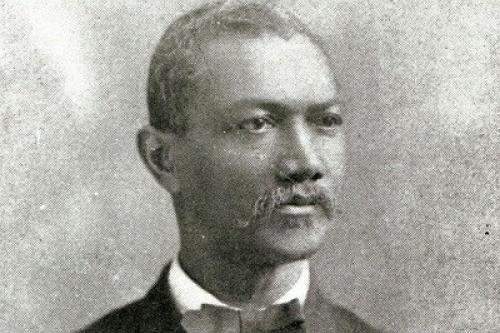
Alexander Thomas Augusta, M.D., Howard’s Founding Professor of Medicine
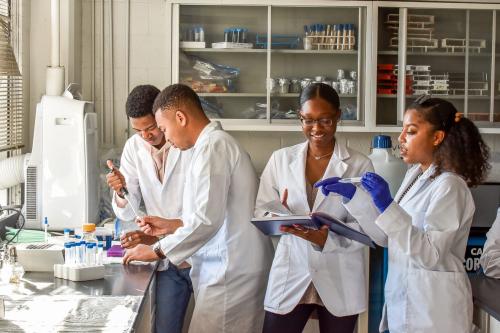
Howard University College of Medicine Announces $12 Million Gift from MacKenzie Scott
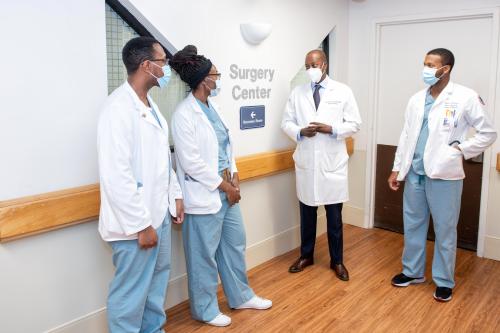
The Howard College of Medicine’s Importance in Today’s Educational Landscape
Keep Reading
-
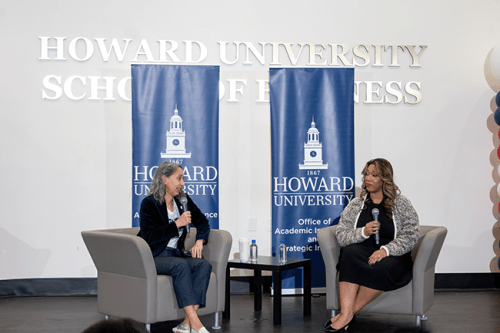 News
NewsHU-MasterCard Inclusive Growth Thought Leadership Lecture Series Kicks Off Howard’s 2026 Data Week
Feb 20, 2026 5 minutes -

-
 Accolades
AccoladesNational Black Movie Day: Two Howard Shorts You Should Watch This Weekend
Feb 20, 2026 3 minutes
Find More Stories Like This
Are You a Member of the Media?
Our public relations team can connect you with faculty experts and answer questions about Howard University news and events.
Submit a Media Inquiry

